Types of Indigenous Financial Institutions (IFIs)
IFI is a collective term for describing three types of Canadian Aboriginal-controlled financial institutions:
- Aboriginal Capital Corporations (ACC)
- Aboriginal Community Futures Development Corporations (ACFDC)
- Aboriginal Developmental Lenders (ADL).
Aboriginal Capital Corporations
ACCs are Aboriginal-owned and controlled business lending organizations that are capitalized by the Federal Government to deliver financing and advisory services for Aboriginal business development. ACCs provide business services and support to Canadian status and non-status First Nations, Inuit, and Métis businesses and communities. A typical ACC has a revolving-loan capital fund from which it offers secured, interest-bearing term loans. ACCs meet the needs of Aboriginal people and businesses based on local and regional market conditions. While services may vary, ACCs generally offer term loans, letters of credit, operating and working capital loans, and technical and advisory services.
Aboriginal Community Futures Development Corporations
ACFDCs are capitalized by the Federal Government through regional development agencies (RDAs) and provide local communities with a variety of services, including business development loans, technical support, training, and information. ACFDCs are also involved in a variety of community initiatives such as strategic planning processes, research and feasibility studies, and the implementation of a diverse range of community economic development projects.
Aboriginal Developmental Lenders
ADLs that are capitalized either by the private sector or the provincial/territorial governments provide debt and equity capital and a variety of business support services, including federal, provincial, and territorial programs to status and non-status First Nations, Inuit, and Métis businesses and communities.
